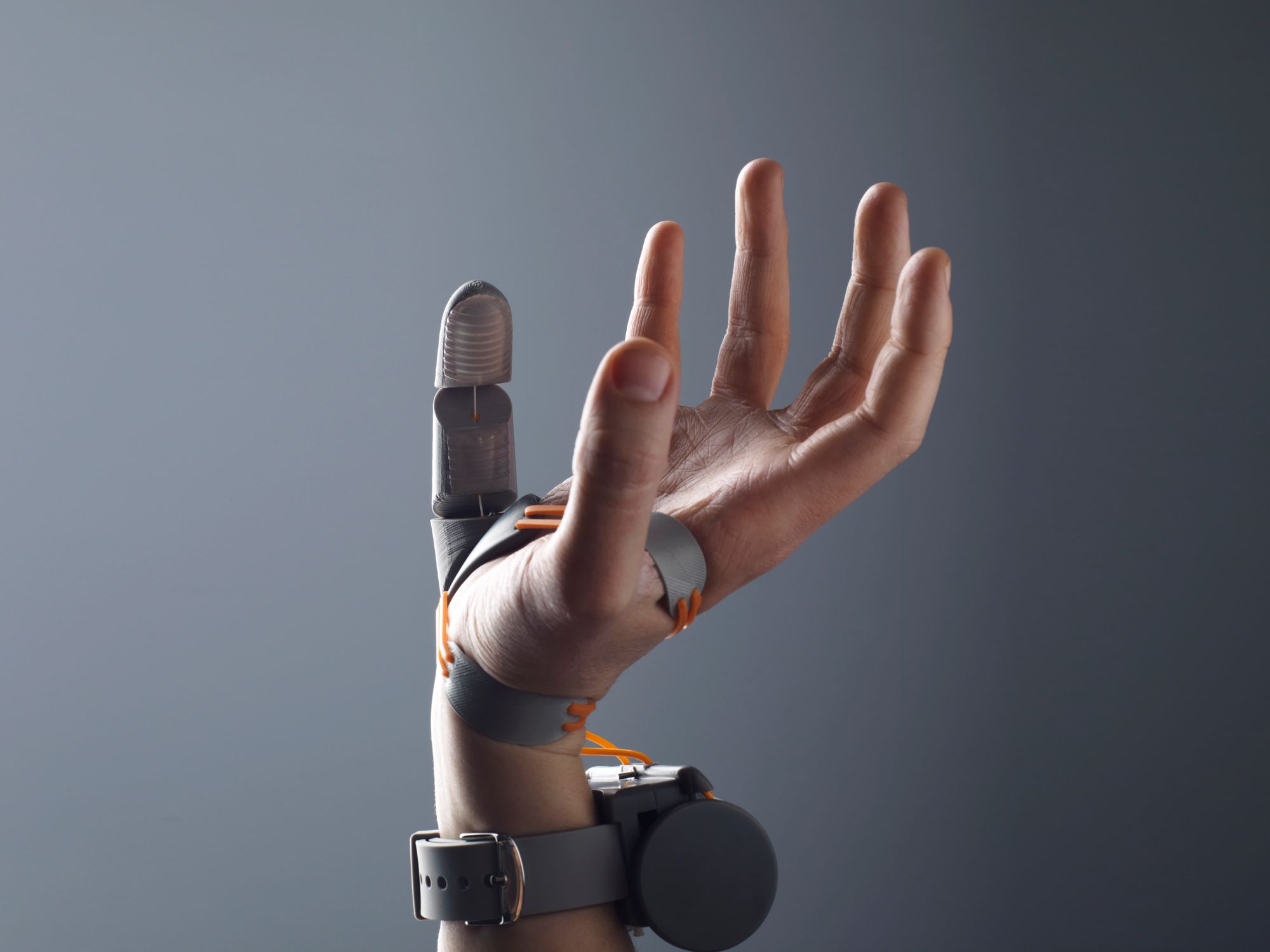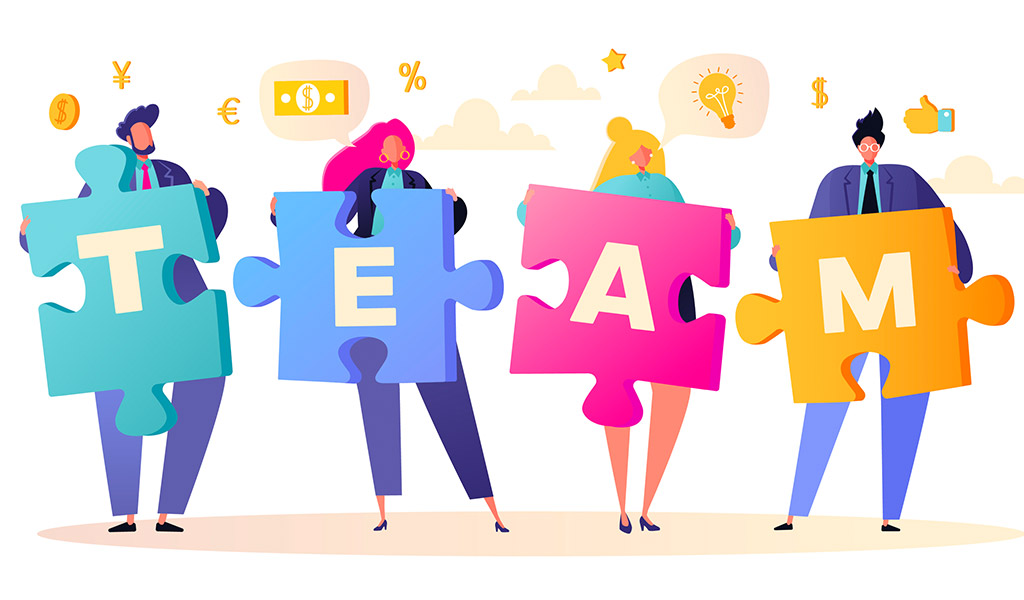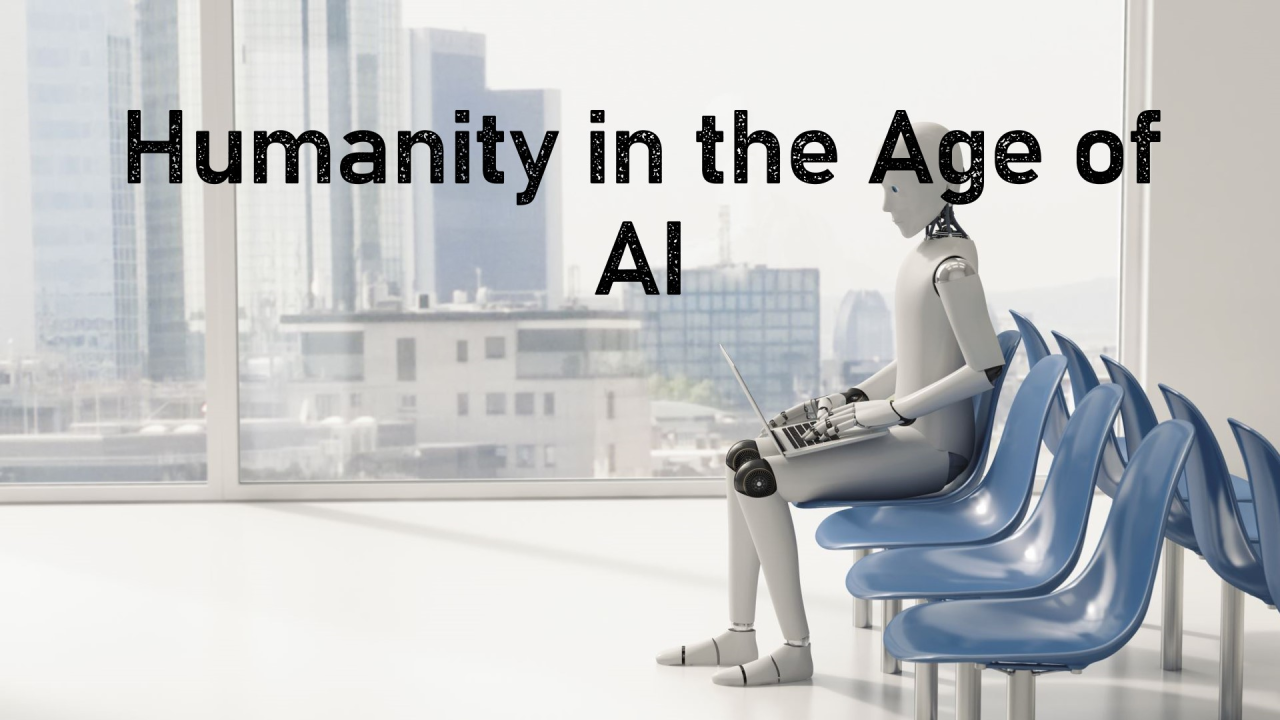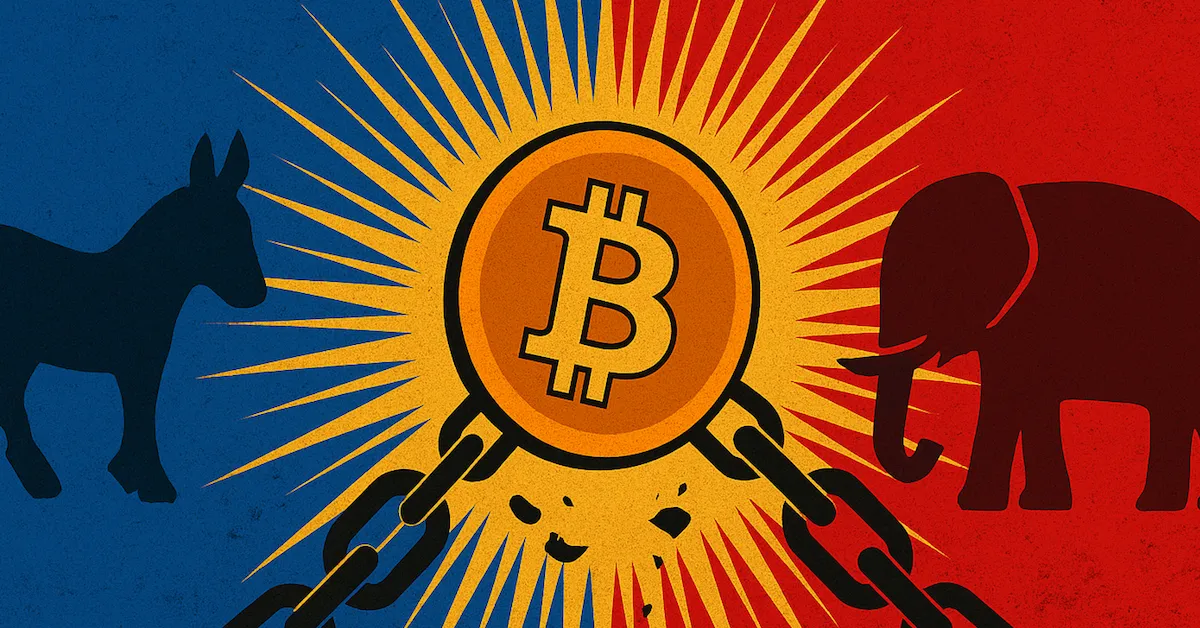The Hidden Workforce Behind Your Apps

Invisible hands keep the digital world running; content moderators, data labellers, and gig workers who power the AI revolution across Africa.
In an era dominated by artificial intelligence and automated systems, it’s tempting to believe that machines operate independently. Every app notification, social media suggestion, and voice assistant response seems instantaneous, intelligent, and self-sufficient. Yet, behind this digital façade exists a vast network of human labour, people whose contributions are critical, yet invisible. From data labellers in Nairobi to content moderators in Lagos and Accra, Africans are quietly fuelling the algorithms that define the modern world.
While AI models are often portrayed as independent entities, their intelligence is built on the meticulous work of individuals who tag images, transcribe voices, and screen content. A single incorrect label or missed flag can ripple across platforms, affecting millions of users. This human layer is the backbone of the digital economy, yet it remains largely unrecognized.
The People Powering Automation
Consider the millions of data points processed daily to train AI systems. Without real humans interpreting and labelling information, these models would remain rudimentary. Companies such as Sama and Remotasks employ thousands across Africa to annotate data for global tech giants.

In Nairobi, Aisha, a young mother, spends late nights tagging car images for autonomous vehicle projects. Her work helps improve road recognition for self-driving systems, yet her income barely matches the global value she generates. Meanwhile, Chinedu in Ibadan labels street scenes so delivery apps can navigate Nigerian cities more efficiently. Neither Aisha nor Chinedu are software engineers, but without their manual intelligence, AI would be little more than code and theory.
This digital workforce represents Africa’s version of a new industrial revolution; essential, yet largely hidden from public view.
Africa’s Digital Assembly Lines
Just as the industrial era relied on factory floors, today’s digital economy depends on virtual assembly lines. Platforms like Clickworker and Appen distribute microtasks to workers worldwide, with African youth forming a significant portion.
In countries like Kenya and Nigeria, these platforms are more than a side hustle; they are lifelines. Unemployment rates remain high, and traditional formal jobs are scarce. According to the World Bank, Africa’s digital economy could contribute $180 billion to GDP by 2025. Yet, for many workers, this promise is offset by low pay and precarious working conditions.
Take Sama, which partners with global AI companies such as Meta, Google, and OpenAI. Investigations by Time revealed that some Kenyan content moderators earn as little as $2 per hour, while sifting through harmful content, including graphic violence and sexual exploitation material. Despite the emotional toll, these workers remain essential to keeping the internet functional and safe.
The Emotional and Social Cost
While AI often touts efficiency, it masks the human cost of automation. Content moderators regularly encounter distressing material that can trigger trauma, anxiety, and long-term mental health challenges. Many are classified as contractors, denying them access to healthcare, insurance, or employment benefits.
A recent report by Rest of World highlights how these workers in Kenya, Ghana, and Nigeria endure psychological strain while remaining underpaid and undervalued. African gig workers often juggle multiple jobs, balancing content moderation with other freelance or full-time commitments to survive.
For example, Mary, a Lagos-based moderator, spends her mornings managing social media campaigns and her evenings flagging inappropriate content for a global platform. The emotional weight of her work, combined with financial precarity, paints a stark contrast to the glamorous image of AI and tech innovation presented to the world.
Economic Implications and Global Dependence
Africa has emerged as a crucial hub for the gig economy supporting global AI initiatives. Cheap labor, English fluency, and increasing digital connectivity make the continent attractive to international companies seeking cost-effective solutions.
Platforms like Sama and Appen rely on African talent to label data for systems like OpenAI’s ChatGPT and Google’s image recognition algorithms. The region’s contribution is immense: without these human inputs, AI would fail to recognize local languages, cultural nuances, and African landscapes accurately.
Yet, the economic rewards for these workers remain disproportionate. While companies reap profits in the millions, data labelers and moderators earn only a fraction of the value they produce. Experts argue that without proper recognition and fair compensation, Africa risks becoming a digital “labor colony”, supplying human intelligence while remaining excluded from the gains of technological advancement.
Voices from the Workforce
Stories from African gig workers reveal both resilience and frustration. Peter, a Ghanaian moderator, recalls reviewing disturbing videos daily, often feeling isolated and unsupported. “We train AI to be better than us, yet we are treated worse than the machines we teach,” he said.
Meanwhile, Amina, a Nigerian data annotator, balances her role in a tech start-up with labelling tasks for a global AI project. Her work has improved text recognition for African dialects, yet she earns no health benefits or long-term security. These human stories highlight the tension between digital opportunity and the precarious nature of gig work in Africa.
Solutions and Calls for Fairness
Recognition and fair compensation are gaining attention. Organizations such as Fairwork and Partnership on AI are advocating for transparency, ethical pay, and worker protection.
Some African governments are exploring regulatory frameworks to protect gig workers. Kenya’s Labor Laws now consider digital contractors in policy discussions, and South Africa is piloting similar initiatives. Companies like Sama are experimenting with profit-sharing and mental health support, although implementation remains inconsistent.
Advocates emphasize that the future of AI should not rely on invisible labor. Recognition, equitable pay, and psychological support are essential to sustaining a healthy digital workforce in Africa and globally.
Humans in the Age of AI
The AI revolution is accelerating, but full automation is still years away. Human judgment, cultural insight, and context-specific knowledge remain crucial. African workers will continue to play a pivotal role in shaping the digital landscape.

The question for Africa and the world is whether these contributors will share in the economic and social benefits of their labour. Initiatives focusing on training, fair wages, and mental health are essential, not just for ethical reasons but to ensure AI systems function effectively.
Without these safeguards, the invisible hands behind apps risk being exploited, their expertise undervalued, and their mental well-being ignored. Yet, for now, this hidden workforce keeps our apps responsive, our platforms safe, and our digital world alive.
You may also like...
Consumerism vs Culture: Is Africa Trading Values for Trendy Lifestyles?

Is Africa trading its cultural values for trendy lifestyles? Explore how consumerism, foreign brands, and social media p...
The War on Boys: Are African Male Being Left Behind in Gender Conversations

Why are African boys and men often left out of gender empowerment programs? Explore how emotional suppression, lack of m...
Pay Slip, Motivation Slips: The Silent Crisis Among the Working Class

Across Nigeria, millions of workers are trapped in jobs that pay just enough to survive but too little to live. Beneath ...
Premier League's Unsung Heroes: Bournemouth, Sunderland, and Tottenham Shockingly Exceed Expectations

This Premier League season sees teams like Bournemouth, Sunderland, and Tottenham exceeding expectations. Under Thomas F...
El Clasico Fury: Yamal Controversy and Refereeing Blunders Ignite Post-Match Debates
)
Real Madrid secured a 2-1 El Clasico victory over Barcelona amidst significant controversy surrounding a late penalty de...
Kate Hudson & Hugh Jackman Eyeing Oscars with ‘Song Sung Blue’ Breakthrough

"Song Sung Blue" tells the true story of Mike and Claire Sarina, who find love and acclaim as a Neil Diamond tribute ban...
Pennywise Unleashes Horror: 'It: Welcome to Derry' Premiere Shocks Viewers

HBO Max's "IT: Welcome to Derry" plunges audiences into 1962 Derry, Maine, exploring the origins of Pennywise with a bru...
Zimbabwe's Ammara Brown Stages 'Spectacular' Comeback, New Album Imminent!

Ammara Brown triumphantly returned to the music scene at the Castle Lager Braai Festival after a year-long maternity bre...
.png&w=1920&q=75)




